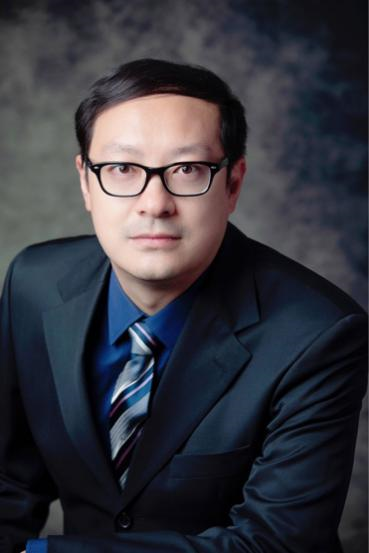
Jingtao Li



Research and Development of Dipeptide Self-Assembled Hydrogel-Targeted Drug Delivery System in Tissue Repair after ESD
Li Jingtao, MD and Zhang Yi, MD, PhD, China-Japan Friendship Hospital
Bai Shuo, PhD, Institute of Process Engineering, Chinese Academy of Sciences
Endoscopic submucosal dissection (ESD) is the first-line therapeutic option for early GI cancer. However, large-scale artificial ulcers are prone to several complications, including bleeding, perforation, scar formation and stricture, which affect clinical efficacy and quality of live seriously. Elderly patients are at higher risk of these complications. Biogenic extracellular matrix has been proved to reduce inflammatory reaction and promote healing, but it is difficult to extract, purify and maintain biological activity. Meanwhile it also causes more immune rejection, which has been replaced by artificial materials with similar structure and function. Our previous studies showed that a new type short peptide self-assembled hydrogel, which was used in submucosal injection during ESD, could facilitate procedure and promote healing by regulating inflammatory microenvironment via macrophage differentiation. On this basis, we plan to use the novel biomaterial, short peptide self-assembled hydrogel, as the structural basis to add the low-toxicity gene vector, assemble the components, such as microRNA and stromal protease, to construct the drug delivery system. The achievement transformation of this new targeted drug delivery system will have important application value in promoting minimally invasive treatment of early GI cancer, especially. It will also provide an opportunity to reduce complications in elderly patients. The project also holds great promise in crosstalk of engineer and medicine.